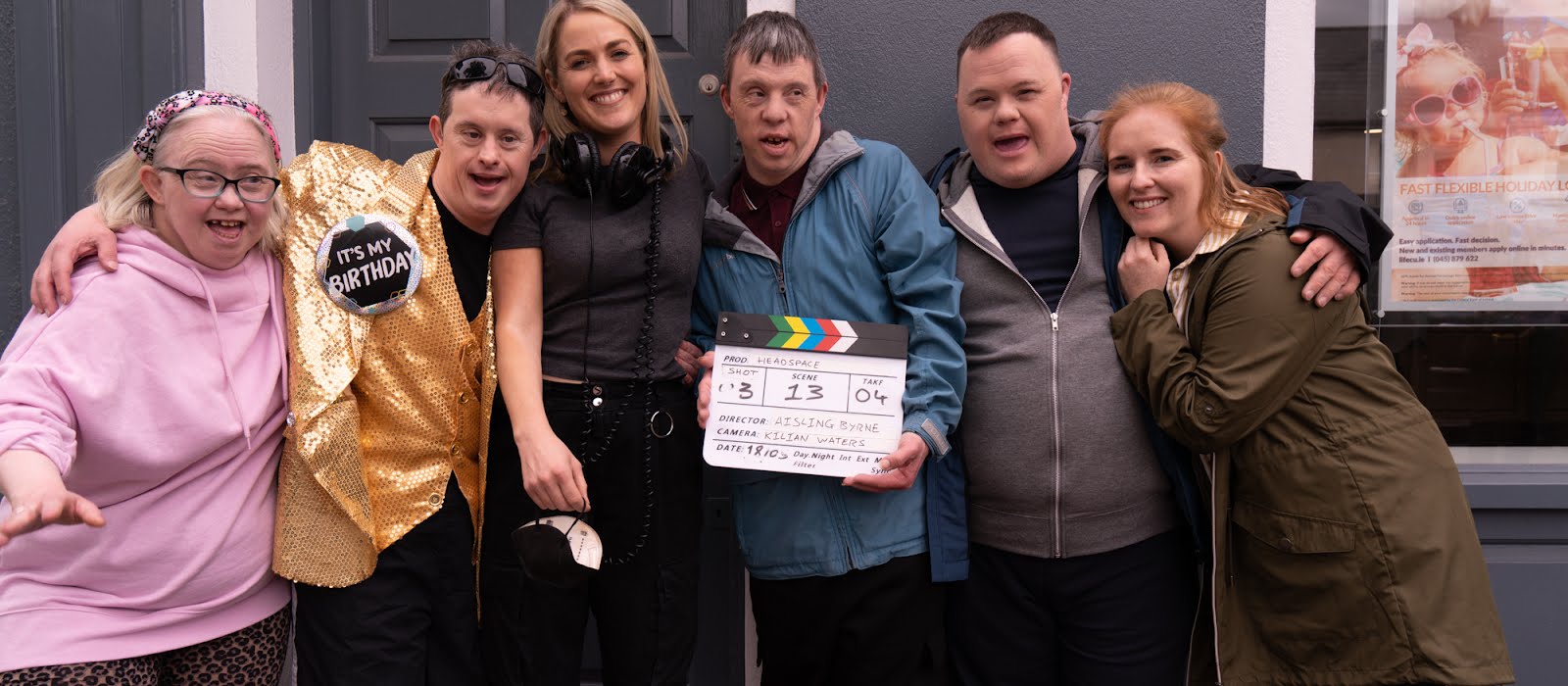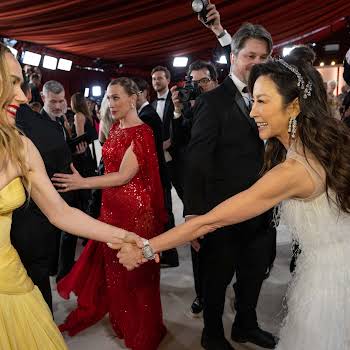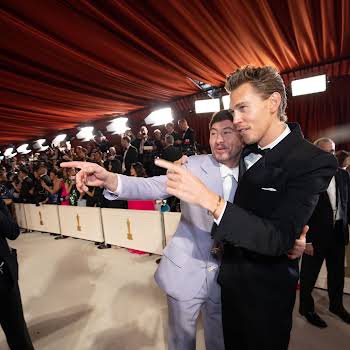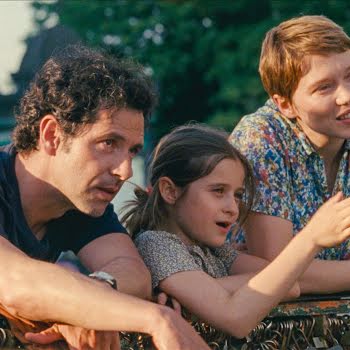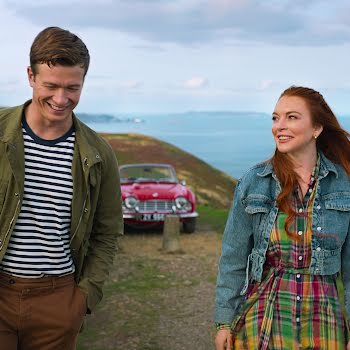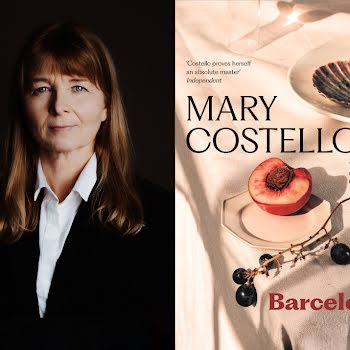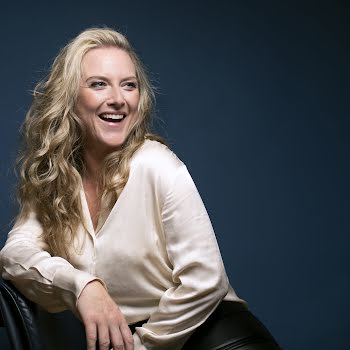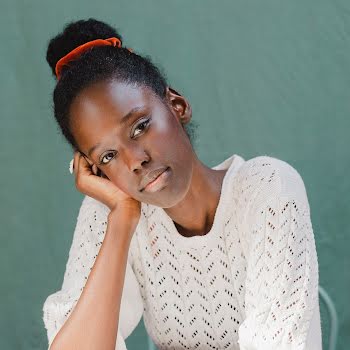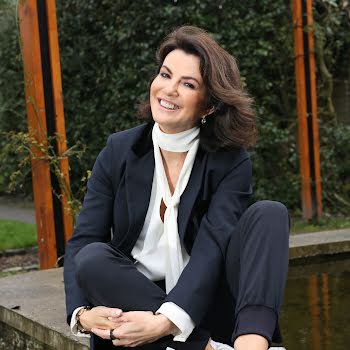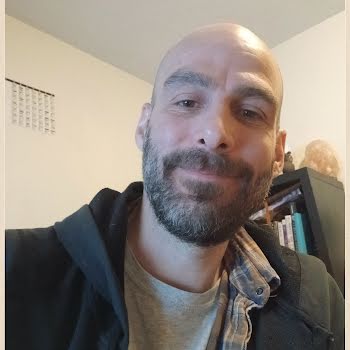
‘The goal of all inclusion or representation should be to be so visible as to be unremarkable’
Irish film HEADSPACE takes us on a journey with a young man, Tony, who has Down's Syndrome and struggles to find paid work, causing him a moral dilemma while staying at a community home. This authentically cast, heartwarming short has qualified to be considered for a 2024 Academy Award. On foot of International Day of Disabled People 2023, Jennifer McShane speaks to director and writer Aisling Byrne and star of the short Mark Smith.
“Mark and I began collaborating together in shows and workshops, and eventually that became Run of the Mill, established at the St John of God’s Service in Celbridge, our arts organisation, that platforms talent for those with intellectual disabilities. So Mark, one of our lead artists, was just coming off the back of his hit, award-winning show Making a Mark, which we made as part of Dublin fringe in 2019. And when COVID hit, we were already looking at a pivot to film because we were we were a theatre company as such,” Aisling explains of her artistic history with with Mark.
It was in 2020, when the Virgin Media Discover Scheme with a focus on inclusion on diversity came up, that Aisling decided to submit HEADSPACE, but the writing of it was very much a collaborative effort. “There was a lot of script consultation from Mark, because I wrote the script for him to star in,” she explains.

Lived experiences on screen
Mark is captivating as Tony, a young man with Down’s Syndrome, who we meet as he tries to find paid work and his own space and sense of self in a busy comminity home. It’s a setting that is at times, loud and bustling with lots of different personalities, and Tony faces a moral dilemma as, frustrated, he struggles to find a way forward. The film is real and authentic, showcasing the daily stereotypes faced. This is thanks to the care taken during the writing and casting of actors – those with intellectual disabilities as well as non-disabled actors – and the lived experience of the environment the short film takes place.
“I availed of lots of Mark’s insights, as somebody who lives in a house in the community in a supportive capacity. He was a fantastic script consultant in terms of helping me fact check and adding lots of insight into the writing process.”
“And as a director that it was important for the non-disabled cast members that we worked with people who perhaps we had a relationship with because time is quite challenging in short filmmaking, there’s not a lot of it. And that can actually be I think, quite a barrier to inclusion and a barrier to access for actors with disabilities, or who are new to the industry. So we wanted to create a relaxed set, a really relaxed environment. And we were more guaranteed of that with working with performers who we had an existing relationship with.”

Mark has been involved with the company since the beginning and is a seasoned performer, playing various roles on stage over the years, including the title role of King Lear in 2016. HEADSPACE marks his screen debut and his first writing credit.
The goal of all inclusion or representation should be to be so visible as to be unremarkable. It means that we have such accurate, rich, multi-dimensional representations of everyone within a fully diverse society, that it no longer becomes remarkable or unusual to see it.
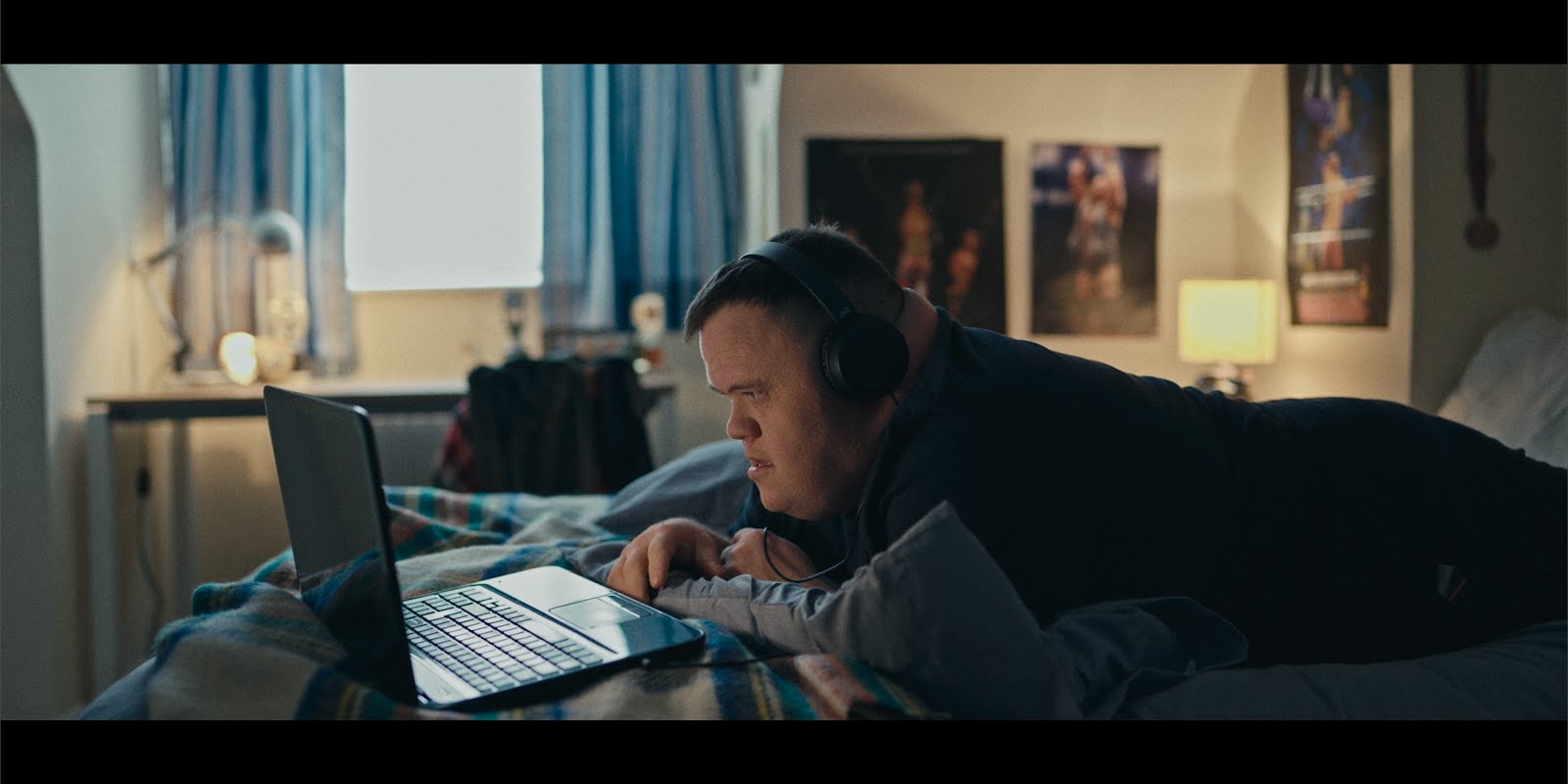
A relatable leading man
“I relate to the character of Tony a lot because I live in a community house with my friends as he does and I’ve been with the Service for a long time now,” Mark says of stepping into the role. “He has Down Syndrome and is interesting to play in that he’s funny and a lovely guy, but doesn’t ‘play the game’ in the house – he wants to be himself.” He explains it was a new challenge to work with cameras, but one he enjoyed, particularly sharing the screen with his talented cast including Daniel Ryan, Jackie O’Hagan, Bryan Busteed, Laura Larkin, Simon Delaney, Clare Monnelly, Ger Kelly and Orla Gildea.
Mark says working with Aisling is “always a lot of fun,” adding that his transition to film, from writing to acting on camera, was “a real challenge as well.” Mark and Aisling agree that living in a community house with five other people is always interesting and based a lot of the interactions and scenarios on Mark’s own experiences. “Mark would have had lots of anecdotes over the years of living with people that he had a great relationship with, or living with others who may be a bit more difficult to live alongside so it was really interesting to capture that dynamic,” adds Aisling.

Authentic representation
Both Aisling and Mark agree that representation on stage and screen for disabled people is a slow and steady and process, even with groups like Run of the Mill playing their part. “I believe culture is so important in film, television, theatre and so on, in that representation, shifts perspectives. It can be one of the great challenges to ableism and a barrier to inclusion because a lived experience isn’t going to be fully understood by society if it’s not represented. There is such a historic underrepresentation, a misrepresentation, particularly of people with intellectual disabilities, that I feel this is not going to be redressed overnight.”
“And I always say all I can offer is non-disabled advocacy and allyship in this case. We feel strongly at Run of the Mill that particularly for people with an intellectual disability, it’s a crucial melding of support and non-disabled advocacy we need in terms of centering those narratives and stories and trying to do it in a meaningful way. The goal of all inclusion or representation should be to be so visible as to be unremarkable. It means that we have such accurate, rich, multi-dimensional representations of everyone within a fully diverse society, that it no longer becomes remarkable or unusual to see it.”
As we wrap up, it’s more than obvious that Mark Smith is, in the best of ways, anything but unremarkable, but humble as ever, he simply says the project would not be possible without the entire cast and crew, including producer Killian Coyle, “all amazing to work with,” Mark happily agrees.
We’ll be rooting for the whole team as award season draws closer.











